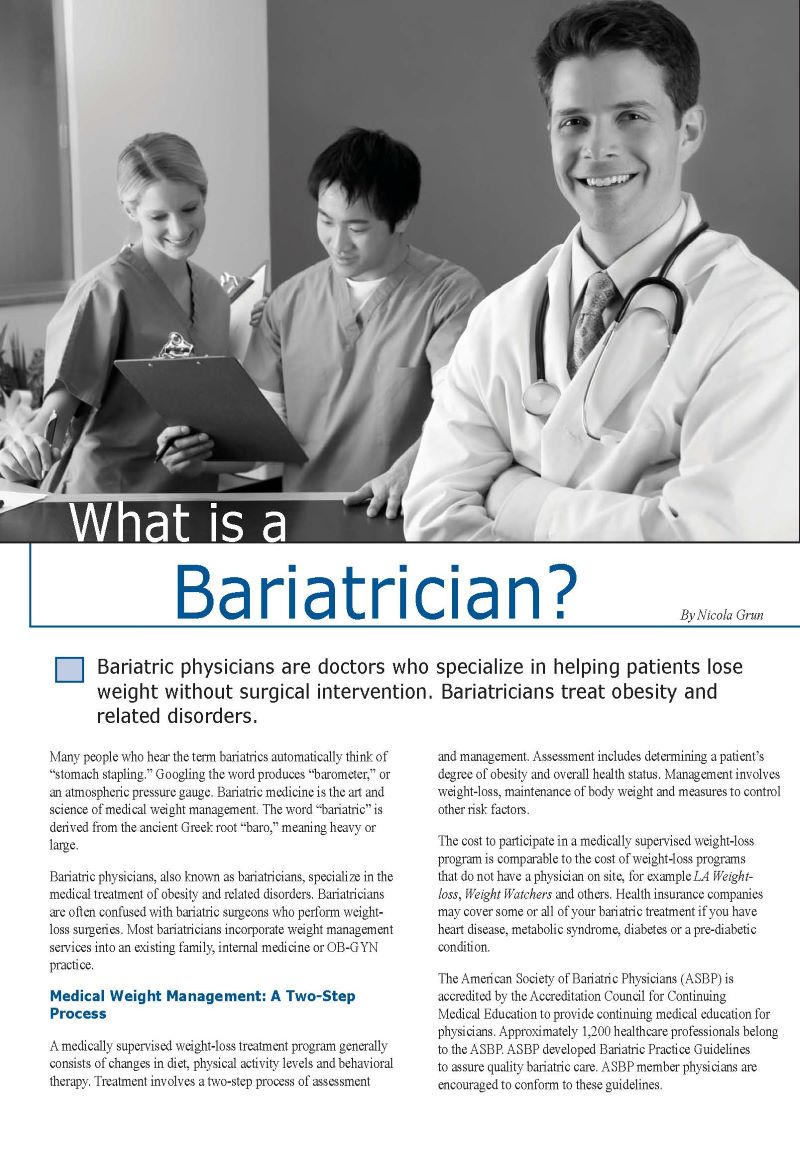
Effective Ways to Optimize Your Colonoscopy Liquid Diet in 2025
Preparing for a colonoscopy can evoke various feelings, from anxiety to curiosity. As medical guidelines evolve, one significant aspect remains critical: the colonoscopy liquid diet. This preparatory stage is not merely a formality; it's essential for ensuring accurate results and adequate visualization of the colon during the procedure. With advancements in recommendations, understanding what to consume and what to avoid within your liquid diet is crucial.
The benefits of adhering to a well-structured colonoscopy liquid diet include improved bowel cleansing, reduced discomfort, and potentially better outcomes. By equipping yourself with effective strategies and insights for 2025, you’re setting the stage for a smoother experience. This article will cover vital colonoscopy prep drink options, recommend safe liquids to consume, share tips for hydration, and outline the dietary guidelines to keep in mind.
Key takeaways include understanding the necessary liquids to incorporate into your pre-colonoscopy diet, learning about hydration methods, and knowing what to avoid. Whether you're having your first colonoscopy or are a seasoned veteran, optimizing your preparation remains essential.
Understanding the Colonoscopy Liquid Diet Requirements
Building a solid foundation of knowledge surrounding the colonoscopy liquid diet can significantly affect the success of your procedure. A clear liquid diet for colonoscopy consists primarily of fluids that are transparent and free of any solids; this helps ensure thorough cleaning of the colon. Key components typically include:
- Water
- Broths (clear)
- Certain juices (strained with no pulp)
- Electrolyte solutions designed for hydration
- Gelatin (not red or purple)
In 2025, many medical professionals emphasize the importance of not only what you consume but also how much. Staying hydrated is vital during the bowel prep stage, as dehydration can lead to complications and discomfort.
Furthermore, knowing the specifics of colonoscopy dietary restrictions is equally important. Foods to avoid generally include those high in fiber, such as whole grains, nuts, and seeds, which could interfere with the procedure. By prioritizing clear liquids and keeping these restrictions in mind, you enhance your bowels' preparation efficiency.
Colonoscopy Prep Drink Options
Finding the best colonoscopy drink suited to your taste preferences can make the experience more manageable. Many patients have reported favorable experiences with electrolyte-based drinks, as they help maintain hydration and replenish vital electrolytes lost during the liquid diet phase. Popular options include:
- Clear broth
- Commercial electrolyte solutions
- Coconut water (ensure it's clear and free of additives)
Each drink choice contributes to the key goal—effective colon cleansing. It's essential to communicate with your healthcare provider regarding any specific recommendations or options they prefer.
Safe Liquids for Colonoscopy
When selecting liquids for colon prep, it's important to filter out those that could jeopardize a successful outcome. Opt for options like:
- Water, infused if desired (such as lemon or orange)
- Apple or white grape juice (clear and strained)
- Tea or coffee (without cream or dairy)
However, avoid beverages with artificial coloration, dairy products, or any high-calorie drinks that can obscure visibility during the colonoscopy. Understanding which liquids are considered safe will aid in avoiding unpleasant surprises on the day of your procedure.

Hydration Techniques for Successful Colon Prep
Hydration stands as a cornerstone in successful colon prep for a colonoscopy. Implementing effective hydration methods not only eases the process but also contributes to overall well-being. Medical professionals frequently recommend drinking a minimum of 8-10 cups of fluids leading up to the procedure to ensure adequate hydration.
Some recommendations for maintaining hydration during colon prep include:
- Setting reminders to drink fluids at regular intervals
- Selecting appealing flavors to encourage intake
- Carrying water bottles with you for easy access
Additionally, avoid caffeinated drinks if they cause discomfort or restlessness. It's essential to listen to your body and find the right balance to stay hydrated effectively.
Minimizing Discomfort During Colon Prep
Adverse effects of the liquid diet can sometimes be daunting; however, there are ways to mitigate discomfort. Here are essential tips for reducing potential side effects:
- Breakup clear liquid consumption throughout the day: This strategy aids in preventing overwhelming your system.
- Opt for liquids at room temperature to make them easier on the stomach.
- Consider probiotics or gentle herbal supplements if indicated, which can support digestive health.
Ensuring a comfortable experience goes a long way and contributes to not only better bowel cleansing but an overall positive outcome.

Common Myths About the Colonoscopy Liquid Diet
Amidst preparing for a colonoscopy, several misconceptions often arise, leading to unnecessary anxiety. Examples of common colonoscopy misconceptions include myths about the necessity of fasting beyond liquid consumables or believing that one can substitute clear liquids with solid foods. Understanding the reality can help alleviate fears and streamline the preparation process.
Moreover, colon health awareness is essential in debunking myths; many people assume liquid diets lack nutritional value. In reality, consuming balanced liquid options can provide hydration and some nutrients needed during the prep. By confronting these myths with facts, individuals can approach their colonoscopy with better preparedness.
Post-Colonoscopy Diet Tips
Finally, the journey doesn't end after the colonoscopy. A post-colonoscopy liquid diet often includes gentle reintroduction to solid foods, focusing first on clear liquids. Gradual progression to low-fiber foods ensures digestive comfort and recovery from the procedure.
Colonoscopy patients should stay alert to their body signals during this phase as they resume normal eating habits. Healthy colon habits play an essential role in maintaining overall digestive health moving forward.
FAQs About Colonoscopy Diet
As you prepare for your colonoscopy, you may have multiple questions surrounding the diet. Here are some frequently asked questions to guide you:
- What are safe liquids for colonoscopy?
- Is it normal to feel hungry during the liquid diet?
- Can I have my regular medications during colon prep?
Addressing these questions is crucial for ensuring clarity and confidence as you approach the procedure. For tailored advice, consider discussing specific concerns or dietary restrictions with your healthcare provider.
```